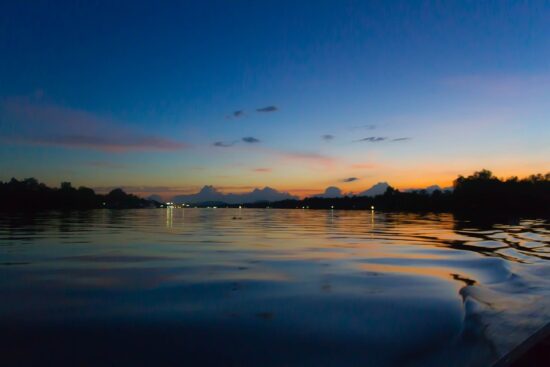Continuity of carbapenem resistance determinants in carioca river and Rodrigo de Freitas Lagoon, Rio de Janeiro, Brazil, after decade
This study examined antimicrobial-resistant Gram-negative bacteria in water samples from the Carioca River and Rodrigo de Freitas Lagoon in Rio de Janeiro, Brazil. Out of 101 bacterial isolates, 45% were resistant to carbapenems—antibiotics often used as a last resort. Key resistance genes detected included blaKPC (41%), blaGES (26%), and blaNDM (6%). The persistence of the blaKPC gene at the same sites since 2013, and now also found in the lagoon, signals ongoing environmental contamination. These findings reveal that antibiotic resistance is not confined to hospitals but also spreads through urban water ecosystems, posing serious One Health risks to humans, animals, and the environment.
AMR NEWS
Your Biweekly Source for Global AMR Insights!
Stay informed with the essential newsletter that brings together all the latest One Health news on antimicrobial resistance. Delivered straight to your inbox every two weeks, AMR NEWS provides a curated selection of international insights, key publications, and the latest updates in the fight against AMR.
Don’t miss out on staying ahead in the global AMR movement—subscribe now!






